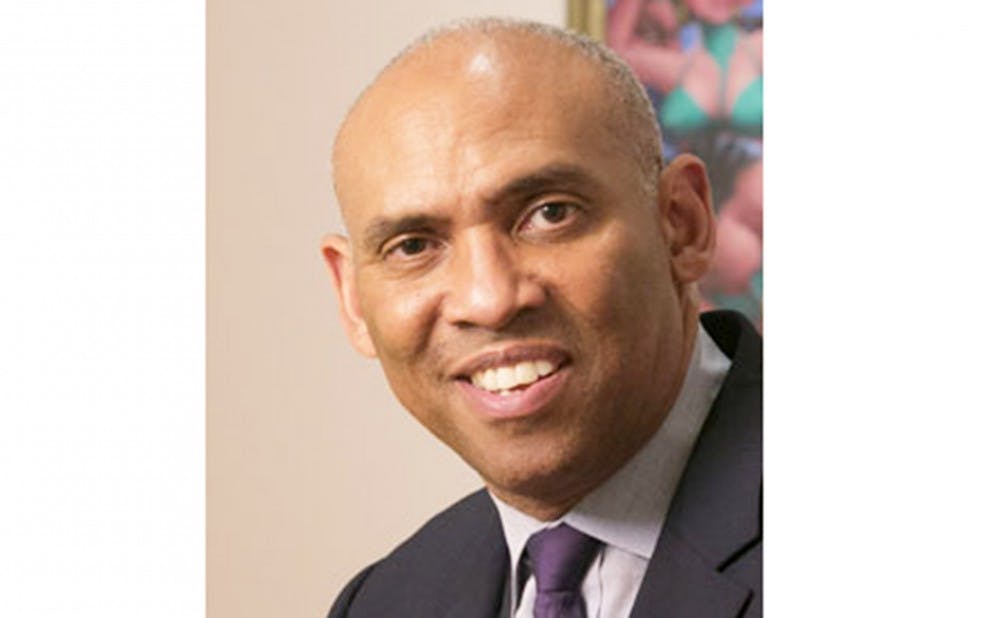In his new role as Dean of the Humanities, Richard Powell hopes to encourage all students to appreciate the value of a broad education.
Powell stepped into the position last month, after Srinivas Aravamudan resigned from the post for health reasons. The John Hope Bassett Professor of art, art history and visual studies, Powell said he hopes to maintain the strong work done by Aravamudan and continue a tradition of collaboration.
“I am absolutely excited about this new position,” said Powell, who has taught at Duke for 25 years. “I’m attuned to the idea that this is an institution that is constantly reimagining itself for the better, and perhaps I can give a historical perspective that will be useful in that process.”
Laurie Patton, dean of Trinity College of Arts and Sciences, said she considers Powell the embodiment of what is best in the humanities at Duke. He brings to the role a “distinguished scholarly achievement, awareness of the critical issues facing the humanities today and a keen sense of Duke's international leadership in humanistic inquiry,” she wrote in an email Thursday. Patton also noted Powell's capability in integrating traditional techniques with more innovative work.
Powell said that he hopes to build on much of the work done by Aravamudan, who held the position for five years. Powell described Aravamudan’s work as “incredible,” and claims that the major challenge for him is maintaining that energy.
"It's easy to follow the good work that someone has done," Powell said. "The challenge is keeping up that momentum."
"We're trying to make the humanities integral and significant in the larger scope of education here," Powell said. “I can’t say that I came into this position with an agenda, with a plan, with a program.... I am much more a collaborator, a listener.”
Studying the humanities makes a student better-equipped to move forward into graduate school or the workplace, Powell said, no matter where their interests lie.
“There will be an opportunity once you leave this institution to go to law school, to go to business school, to go into a profession. Someone who sees himself or herself moving into a profession is much better educated if they know art, philosophy, music, literature or drama,” he said.
With his own academic and research interests falling in American art, African-American art and theories of race and representation in the African diaspora, Powell noted the power of a humanities education as a way for students to learn broadly and explore interests they might otherwise not realize.
“This is the moment where you can pursue a desire, an avocation, and just test yourself if there’s something that you might want to pursue in a serious sort of way,” he said. “Just take advantage of all of the options that are here. Take some risks. Do not feel afraid to stretch.”
Before being appointed to his current professorship, Powell was chair of the art, art history and visual studies department. He serves on the advisory board for the Nasher Museum of Art, as well as the scholarly advisor committee for the Smithsonian Institution’s National Museum of African-American History and Culture.
Get The Chronicle straight to your inbox
Signup for our weekly newsletter. Cancel at any time.

